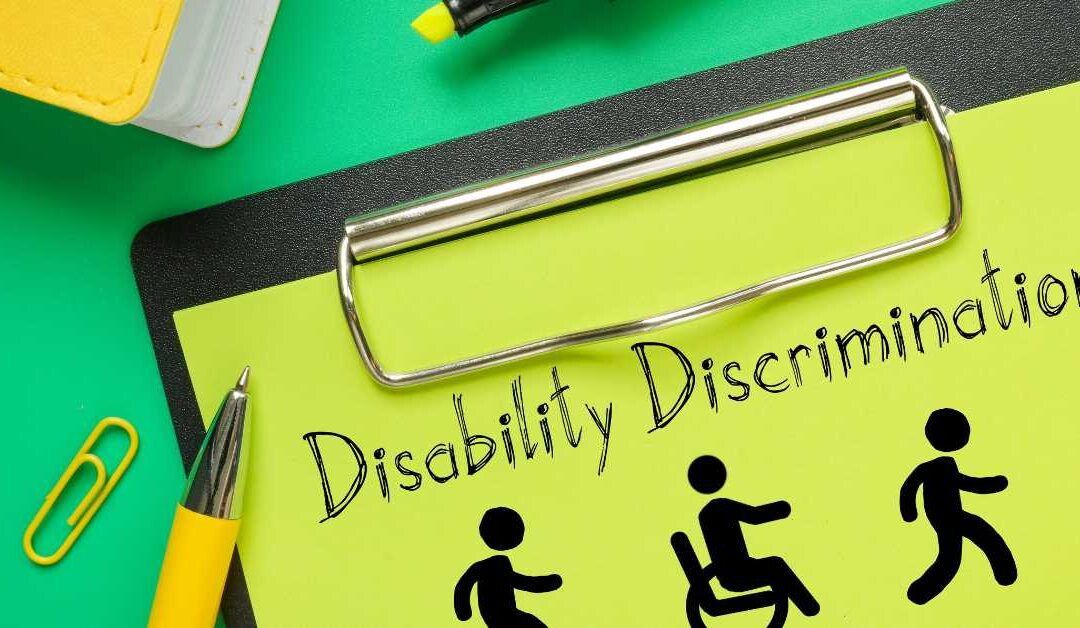Disability discrimination in the workplace is unlawful under the Florida Civil Rights Act and the Americans with Disabilities Act. If you can perform the essential functions in your job description with reasonable accommodations, your employer can’t discriminate against you because of a disability. If they do, you have a right to take legal action.
Several legal remedies may apply to your disability case, allowing you to seek compensation from your employer and prevent further discrimination. In each of these remedies, working with a Florida disability discrimination attorney is crucial to improving your outcomes.
File a Charge With the Equal Employment Opportunity Commission
An employment attorney can review the circumstances of your discrimination and help you determine whether you have a solid case. If so, they are likely to guide you through filing a charge with the Equal Employment Opportunity Commission (EEOC).
The EEOC will notify your organization about your charge. Your company may choose to settle the charge through mediation or a settlement, but it will more than likely deny that the discrimination happened instead. At this point, the EEOC proceeds with an investigation into the discriminatory act.
Resolve the Charge Through Conciliation
If the EEOC finds reasonable cause to indicate that discrimination has occurred, it will issue you and your employer a Letter of Determination of these findings. Next, it will allow you to resolve the charge through informal conciliation.
Conciliation is a voluntary process in which you and your employer negotiate a resolution outside court. It could allow you to save money on legal fees, but you likely won’t secure as much compensation as you would through a lawsuit. Still, conciliation may be the right choice for you if you want to avoid a lengthy trial.
Assist the EEOC With Litigation
If you decide against conciliation or your attempts at conciliation are unsuccessful, the EEOC will have the authority to file a lawsuit against your company in federal court. In this case, you would not be responsible for finding evidence against your employer, but the EEOC may invite you to testify.
The EEOC only litigates a small percentage of disability discrimination charges, usually those that could strongly impact its efforts to stop workplace discrimination.
File a Civil Lawsuit in Federal Court
If the EEOC does not litigate your case, it will issue you a Notice of Right to Sue, allowing you to file a civil lawsuit against your employer. You can take legal action regardless of whether the EEOC found evidence of discrimination during its investigation.
You will have 90 days to file a lawsuit after the EEOC gives you this notice, but a Florida disability discrimination attorney will help you meet this deadline. Through a civil lawsuit, you can seek compensatory damages for your employer’s discrimination, including:
- Back pay and front pay
- Attorney’s fees
- Non-economic damages, like emotional distress or loss of reputation
The maximum compensation you can qualify for depends on the size of your company. For employers with 15 or more employees but less than 100 employees, the cap for compensatory damages is $50,000. For employers with more than 500 employees, the limit is $300,000.
You may qualify for punitive damages as well. These damages are relevant in cases where the employer’s discrimination was intentional or willful. A legal professional can help you determine their value.
Experiencing Disability Discrimination? Consult a Florida Workplace Discrimination Attorney Today
The firm of Mark J. Berkowitz, P.A., is well-versed in Florida’s employment laws and is prepared to help you navigate a discrimination case. Reach out today at 954-527-0570 to speak with a Florida disability discrimination attorney.

